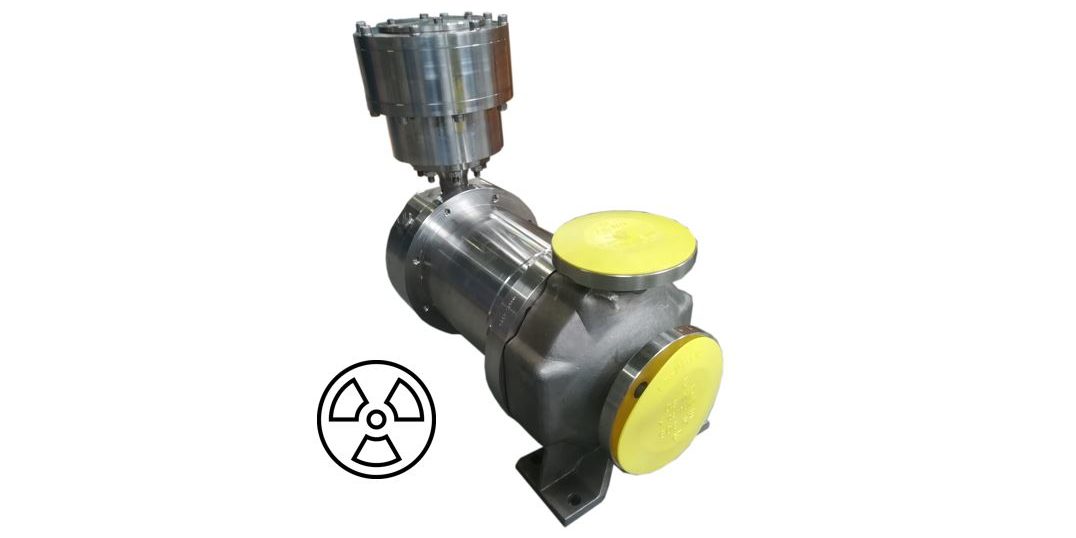In nuclear plants, the equipment is subject to thermomechanical and chemical stress, but also to neutron irradiation. For the safety and reliability of the facilities, it is necessary to ensure that the materials used will withstand these solicitations.
In order to meet the requirements of a nuclear environment, OPTIMEX has adapted the design of its motors. Each component has been selected with a particular attention such as the wire of the winding or the material of the stator slot bottom.
Thanks to our know-how and knowledge in this field, we have set up a qualification program based on the RCC-E construction code which governs the “design and construction rules of electrical materials for nuclear islands” for all nuclear reactors installed in France.
This engine qualification process consists of several stages. We begin by carrying out an initial state including various electrical tests: resistance measurement, dielectric withstand test, etc.
The motor is then subjected to robustness checks including a thermal ageing test, a damp heat test, and an endurance test.
Finally, the prototype engine is installed in an irradiator to endure different gamma radiation cycles. At the end of each cycle, we carry out new electrical tests in order to compare them with the reference values. The number and duration of these cycles are calibrated to simulate an equivalent dose of several years and to obtain a trend on the degradation of the components according to the perceived dose. Once these tests have been carried out, the engine is disassembled for expertise and compared with reference values.
This RCC-E qualification once again confirms OPTIMEX’s ability to meet the most stringent specifications such as those encountered in a nuclear environment.



